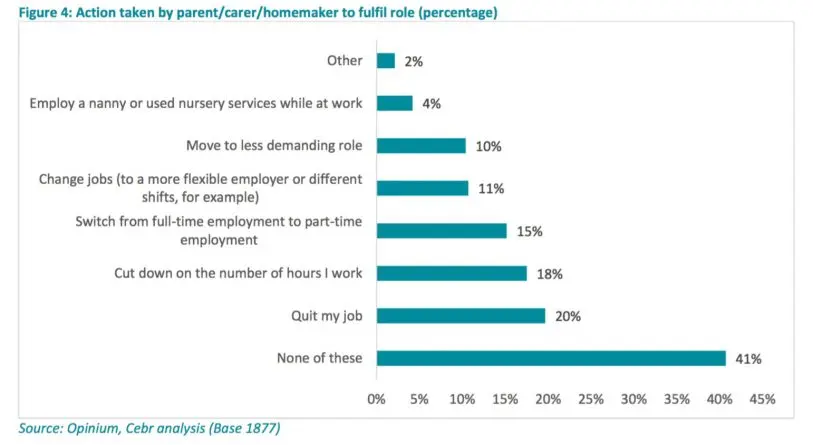In 2019, the case for flexible work is clear, and companies are scrambling to keep up with employee demand for it. Many companies have already implemented more flexible working practices: More than a quarter of companies surveyed in a recent study offered the option of full-time telecommuting, while over two-thirds of them allowed it as needed; about 57% of companies even encouraged employees to set their own hours within core business hours. Still, in a survey of more than 6,500 business leaders, only 30% said they were well prepared to accommodate employee’s expectations of flexible work and the ability to work remotely.
The strongest argument for flexible work arrangements may be an economic one, according to a new study by the Centre for Economics and Business Research and software company Citrix.
The report authors surveyed more than 2,500 people and found that implementing flexible work practices more widely would most notably impact people who are unemployed or not working for other reasons. If that group were to have the option of remote work, it could result in more than $2 trillion in total economic gains annually.

The study found that 42% of respondents said raising children was the driving factor behind their desire to work remotely. More than half of the people surveyed had given up their jobs or made employment changes to accommodate their family responsibilities.
That’s why the gains for part-time workers and the unemployed—a group that includes full-time homemakers or caretakers—are especially notable. More than 93% of part-time workers said they would work longer hours if they had flexible work arrangements. If they could work remotely or with flexible hours, 40% of respondents who aren’t working said they would take up full-time work—and more than half would at least work part-time.
In other words, for companies that want to help mitigate the gender pay gap, one way to do it is to give employees a bit more flexibility.
Recognize your brand’s excellence by applying to this year’s Brands That Matter Awards before the early-rate deadline, May 3.
